“Seek Ye Earnestly the Best Gifts”
Reading assignment
Doctrine and Covenants 46;
Articles of Faith 1:7;
1 Corinthians 12–13;
Moroni 10:8–18;
Our Heritage, pages 42–43, 47–48, 63.
Links: Teacher’s manual | Student manual
Overview
Wouldn’t it be great to have superpowers? Invisibility, super speed, or magic are the stuff of human imagination.
On the other hand, maybe some non-traditional powers could be in the running.
As for me, I think this superpower is a strong contender.
But if God — the all-powerful creator of the universe, not limited to merely human imagination — were behind it all, then you’d think he would have an inventory of spiritual superpowers that would blow your mind!
Well, get ready for disappointment, because this lesson is about the saddest list of spiritual gifts you’ve ever seen.
Reading
Section 46 came at a time when Mormons were getting pretty enthusiastic in meetings. They would flop around, yell and scream, and have a great time. Then Joseph Smith told them to knock it off.
In early January 1831, Levi Hancock met three young men named Edson Fuller, Heamon Bassett, and Burr Riggs, who introduced themselves as elders of the Church of Christ. According to Hancock, these young elders engaged in “all manner of doings” during worship services. Burr Riggs would “jump up from the floor, strike his head against the joist . . . swing some minutes, then fall like he was dead.” He would then rise and relate visions he had while unconscious. “Edson Fuller would fall and turn black in the face. He[a]mon Bassett would behave like a baboon.”
I’m kind of glad, though. Growing up Mormon was weird enough without this kind of thing going on.
No, God’s gifts are just sort of quiet.
Before we get to the list of unimpressive gifts, God reminds us that we’re not supposed to use them to impress anyone (not to worry, God) or provide evidence for anything.
D&C 46:9 For verily I say unto you, they are given for the benefit of those who love me and keep all my commandments, and him that seeketh so to do; that all may be benefited that seek or that ask of me, that ask and not for a sign that they may consume it upon their lusts.
And he tells us that everyone gets a gift.
D&C 46:11 For all have not every gift given unto them; for there are many gifts, and to every man is given a gift by the Spirit of God.
List of gifts
Anyway, here’s the list. Brace yourself.
D&C 46:13 To some it is given by the Holy Ghost to know that Jesus Christ is the Son of God, and that he was crucified for the sins of the world.
Wow. You don’t usually think of that as a gift. Because it’s not. The ability to sit there and believe fictional things is honestly not that great of a superpower.
D&C 46:14 To others it is given to believe on their words, that they also might have eternal life if they continue faithful.
Again: wow. The ability to be gullible. That’s not a gift; that’s a curse.
D&C 46:15 And again, to some it is given by the Holy Ghost to know the differences of administration, as it will be pleasing unto the same Lord, according as the Lord will, suiting his mercies according to the conditions of the children of men.
What’s that one about? The Gospel Doctrine manual says:
Elder Bruce R. McConkie of the Quorum of the Twelve said that this gift is “used in administering and regulating the church” (A New Witness for the Articles of Faith [1985], 278).
So it’s like being a cleric, but a really boring cleric. From God, I was expecting a little more D&D, but I guess this is Mormonism, the world’s most boring religion.
D&C 46:16 And again, it is given by the Holy Ghost to some to know the diversities of operations, whether they be of God, that the manifestations of the Spirit may be given to every man to profit withal.
The manual again:
(Discernment “to know the diversities of operations, whether they be of God.” This gift helps us discern whether a teaching or influence comes from God or from some other source.)
That one’s easy. Mormons already know that a teaching comes from God if they already believe it. I HAVE THE GIFT.
D&C 46:17 And again, verily I say unto you, to some is given, by the Spirit of God, the word of wisdom.
18 To another is given the word of knowledge, that all may be taught to be wise and to have knowledge.
I like those things. Unfortunately these gifts, in my church experience, were a bit thin on the ground.
D&C 46:19 And again, to some it is given to have faith to be healed;
20 And to others it is given to have faith to heal.
Now we’re getting somewhere! Every party needs a healer.
Except… why would this be a spiritual gift? Is this supposed to be something that… certain people are good at? But why would that be? You want someone to be healed, you pray to God, he heals them. Why would he hold out on someone and not heal them just because the wrong person was doing the praying? If the healing comes from God anyway, then this doesn’t make any sense.
Unless what happens is that people are getting better randomly, and people are mistakenly attributing prayers as the cause. Maybe we’d better listen to that Tim Minchin song again.
Ask: What are some reasons why people mistakenly think God is healing their loved ones?
Ask: How does this play into narcissism?
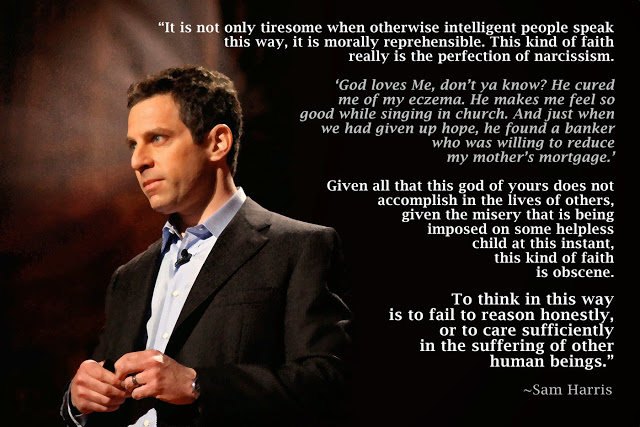
D&C 46:21 And again, to some is given the working of miracles;
Non-specific miracles.
D&C 46:22 And to others it is given to prophesy;
23 And to others the discerning of spirits.
Let’s talk about prophecy and discernment. Mormons often talk about the “gift of discernment”, which is where the bishop can tell if a teenager is lying when they claim that they’re not beating off. If the gift of discernment is a real power, then surely the leaders of the church would be the most discerning of all. Are they? What kind of test could we devise?
Perhaps there could be a situation where someone was lying repeatedly, directly to them. Surely they’d be able to detect it.
Apparently not, because this actually happened. Here’s a photo of document dealer, forger, and convicted murderer Mark Hofmann, discussing church documents with church leaders.
Hofmann was selling them fake documents related to church history, and they bought them. All they had to do was to use the Holy Ghost to detect the forgeries, but at no point did they suspect that they were getting played. What’s worse, if they had been good at fortelling the future, they could have saved a few lives. As public skepticism mounted around the supposed finds, Hofmann planted bombs to divert the investigation. These bombs ended up killing two people, and injuring Hofmann.
Arguably the most famous of these fake documents was the White Salamander letter, in which Martin Harris supposedly reported that the angel Moroni appeared to Joseph Smith in the form of a white salamander.
in the fall of the year 1827 I hear Joseph found a gold bible I take Joseph aside & he says it is true I found it 4 years ago with my stone but only just got it because of the enchantment the old spirit come to me 3 times in the same dream & says dig up the gold but when I take it up the next morning the spirit transfigured himself from a white salamander in the bottom of the hole & struck me 3 times
I remember when this was being talked about. The oddest part for me was that Dallin Oaks seemed to believe the whole thing was legit (in all of its oddness), but for him that was okay. See, a “salamander” was a being that could, according to legend, appear in the midst of fire and not get burned. Like an angel! See? It all works.
“Another source of differences in the accounts of different witnesses is the different meanings that different persons attach to words. We have a vivid illustration of this in the recent media excitement about the word ‘salamander’ in a letter Martin Harris is supposed to have sent to W.W. Phelps over 150 years ago. All of the scores of media stories on that subject apparently assume that the author of that letter used the word ‘salamander’ in the modern sense of a ‘tailed amphibian.’
“One wonders why so many writers neglected to reveal to their readers that there is another meaning of ‘salamander,’ which may even have been the primary meaning in this context in the 1820s…. That meaning… is ‘a mythical being thought to be able to live in fire.’...
“A being that is able to live in fire is a good approximation of the description Joseph Smith gave of the Angel Moroni:… the use of the words white salamander and old spirit seem understandable.
“In view of all this, and as a matter of intellectual evaluation, why all the excitement in the media, and why the apparent hand-wringing among those who profess friendship or membership in the Church?”
(“1985 CES Doctrine and Covenants Symposium,” pages 22-23)
This is a favourite tactic of apologists: when confronted with disconfirmation, just start redefining words until you get the answer you want. It’s totally reasonable that Joseph Smith would see an angel that had a very bright but very human-looking body, and say, “Well, now, that’s a salamander!” At least Dallin Oaks thought so.
Until the Salamander letter was shown to be a fraud and then Oaks was like, Pssh, forget what I said about salamanders and angels, it’s totally a hoax now. And everyone went along and just kind of forgot that explanation.
What a weird and sad episode. But it does show that, at the highest level, church leaders fail when it comes to discernment. And if you need further evidence, look no further than the manner in which New Name Noah can walk unimpeded through temples — with an actual recommend and a camera, no less! — and no one is the wiser.
Especially check out this video, where NNN infiltrates a ward, and during Gospel Doctrine, the teacher actually mentions this blog! I’m so pleased to be noticed.
(Spooky how the bishop knew I was lying, though.)
Back to the list.
D&C 46:24 And again, it is given to some to speak with tongues;
25 And to another is given the interpretation of tongues.
This was no doubt a reference to glossolalia, or babbling away in a made up language. That was a known thing at this point in church history. But now Mormons kind of bleach it out and say that it’s about learning languages. And they often go on to claim that missionaries are really good at learning languages, and this is a manifestation of the gift of tongues. Whoops — missionaries don’t learn languages all that well. See this lesson for more.
There really isn’t anything amazing or helpful in this list of spiritual gifts — or if there is, there’s no evidence that any of them are real.
And when people extend the list of gifts, it’s even more mundane. See if you find anything inspiring in the manual:
Elder Marvin J. Ashton of the Quorum of the Twelve said some “less-conspicuous gifts” include “the gift of asking; the gift of listening; the gift of hearing and using a still, small voice; … the gift of avoiding contention; the gift of being agreeable; … the gift of seeking that which is righteous; the gift of not passing judgment; the gift of looking to God for guidance; the gift of being a disciple; the gift of caring for others; the gift of being able to ponder; the gift of offering prayer; the gift of bearing a mighty testimony; and the gift of receiving the Holy Ghost” (in Conference Report, Oct. 1987, 23; or Ensign, Nov. 1987, 20).
Almost all of these are things that normal people can do. It’s like they’re describing personality traits, and not actual abilities.
However, there are some spiritual gifts that would really be useful in the church today.
- The ability to sit quietly
- The ability to bite your tongue for three hours
- The ability to sing harmonies tunelessly
- The gift of casual misogyny
If spiritual gifts were real, wouldn’t they be a bigger deal? It would be obvious that God’s magical powers were having some effect. Mormons would be the best at healing, at predicting the future, and “miracles” (whatever that means). Instead, there’s no really discernable effect beyond anecdotes.
Counterfeit
Counterfeit is a word that’s come up recently in conference talks.
As a church, we want to assist in all that we can to create and support strong marriages and families. That is why the Church actively participates in and provides leadership to various coalitions and ecumenical efforts to strengthen the family. It is why we share our family-focused values in the media and on social media. It is why we share our genealogical and extended family records with all nations. We want our voice to be heard against all of the counterfeit and alternative lifestyles that try to replace the family organization that God Himself established.
— L. Tom Perry, Why Marriage and Family Matter—Everywhere in the World, 2015.
Explain that Satan can try to deceive people with counterfeit spiritual gifts. Concerned about some false manifestations of these gifts among Church members, the Prophet Joseph Smith inquired of the Lord and received a revelation that is now recorded as D&C 50.
Apparently a counterfeit is when something good exists, but with no connection to the church.
In the April 2017 Ensign (h/t John Dehlin), Larry Lawrence of the Seventy demeans other people’s relationships as counterfeit, and says that:
Marriage between a man and a woman is ordained of God, but same-sex marriage is only a counterfeit. It brings neither posterity nor exaltation. Although [Satan’s] imitations deceive many people, they are not the real thing. They cannot bring lasting happiness.
Jerk. This is an insult to people who have a relationship that is committed, loving, and valid. And there’s something else: I’ve been married twice. Once was in the temple, with only part of our family able to attend, and almost no friends. It was officiated by someone I didn’t know, and it was a dour affair, meant primarily to affirm the organisation.
The second time I got married was in a city hall, a lovely historic building. There were friends, there was family, there was an officiant that we chose. We got to decide what would happen in our ceremony. And there was an amazing choir, because my wife and I have mad connections in the Perth music scene. Then there was a dinner, and music and dancing all night. We were surrounded by good wishes and people who loved us. We’ll never forget it.
Which marriage ceremony was authentic, and which could best be described a sad and joyless counterfeit?
The LDS Church offers counterfeits. It presents a counterfeit history, counterfeit facts, a counterfeit idea of the end of the earth, counterfeit authority, counterfeit happiness, counterfeit linguistics, counterfeit archaeology, counterfeit anthropology, counterfeit genetics, and most crucially, a counterfeit method to find out if all of the above is true.



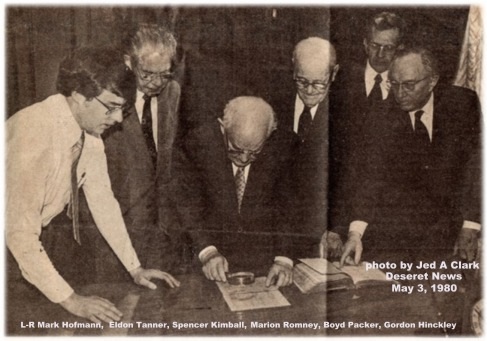


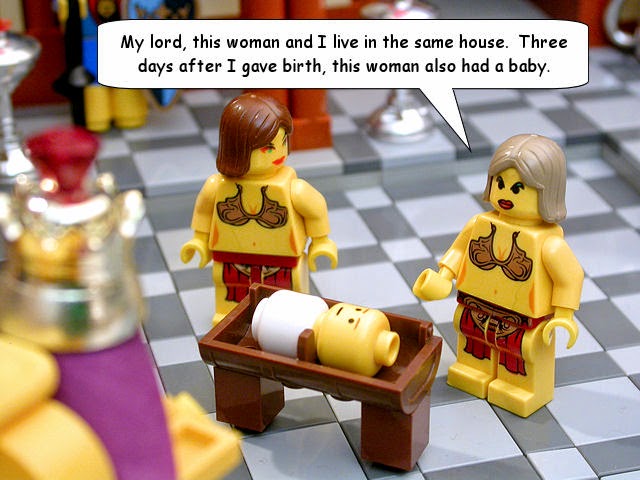
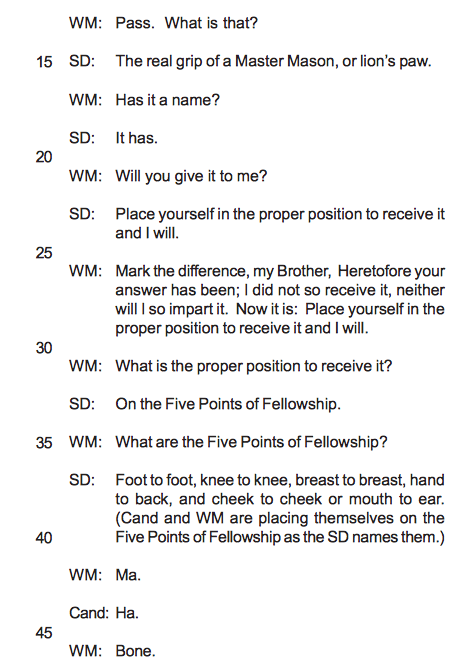


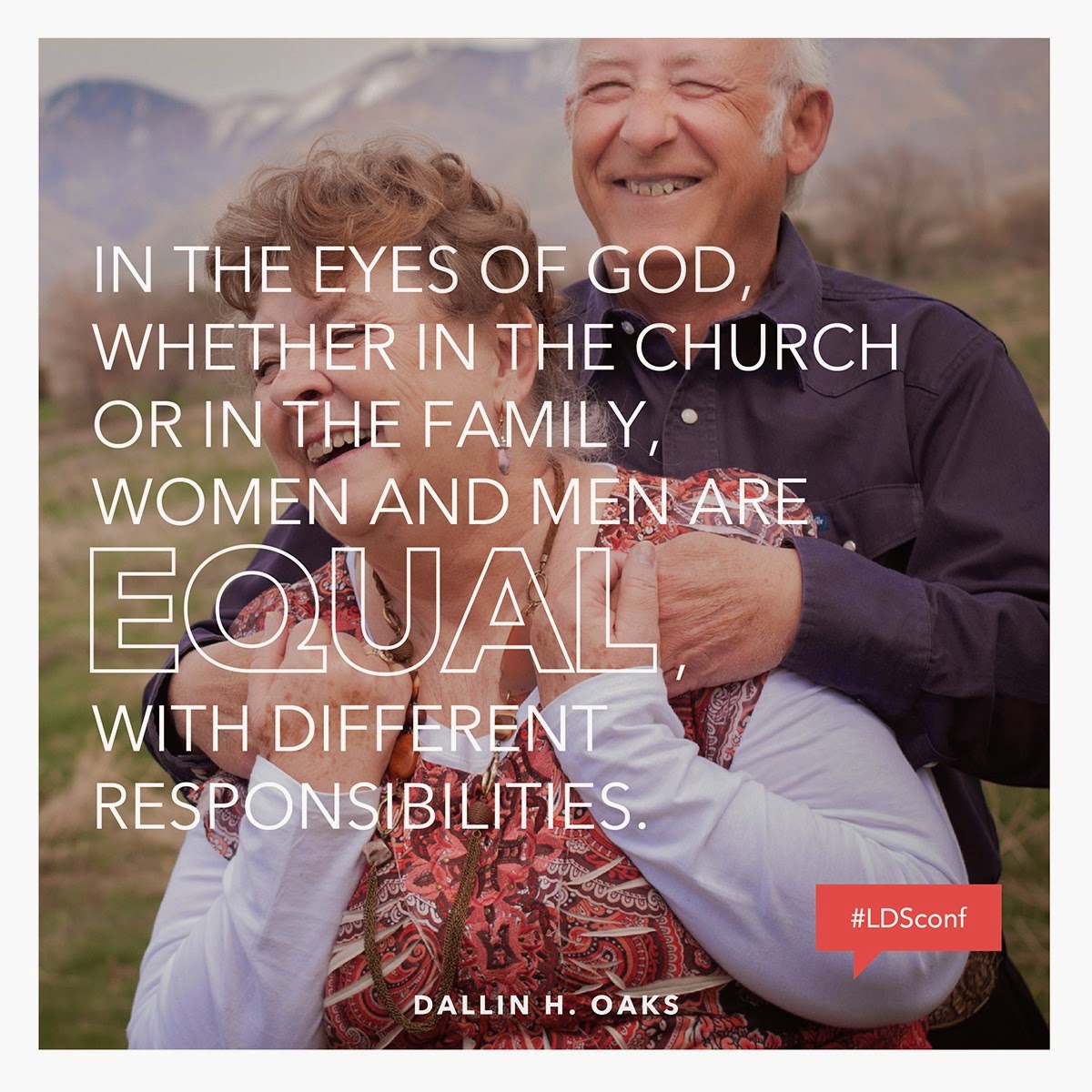
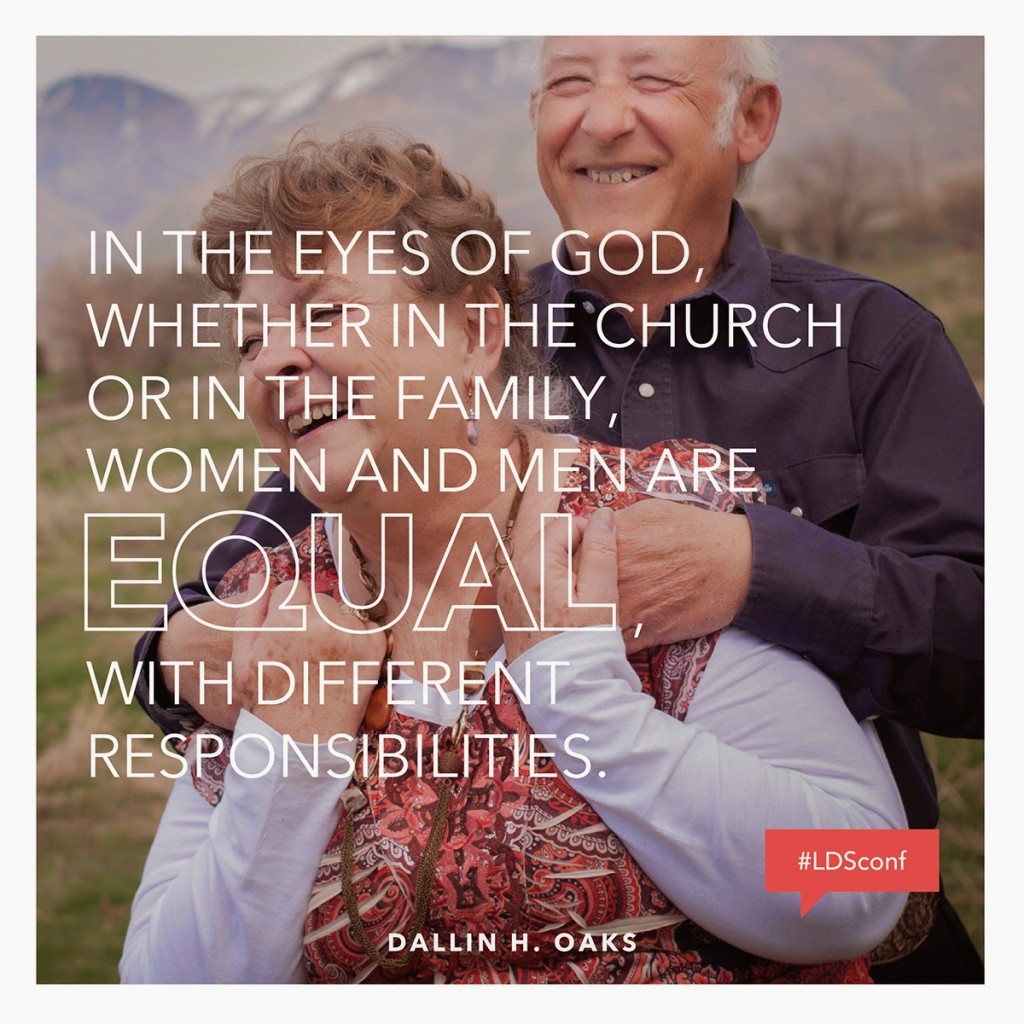

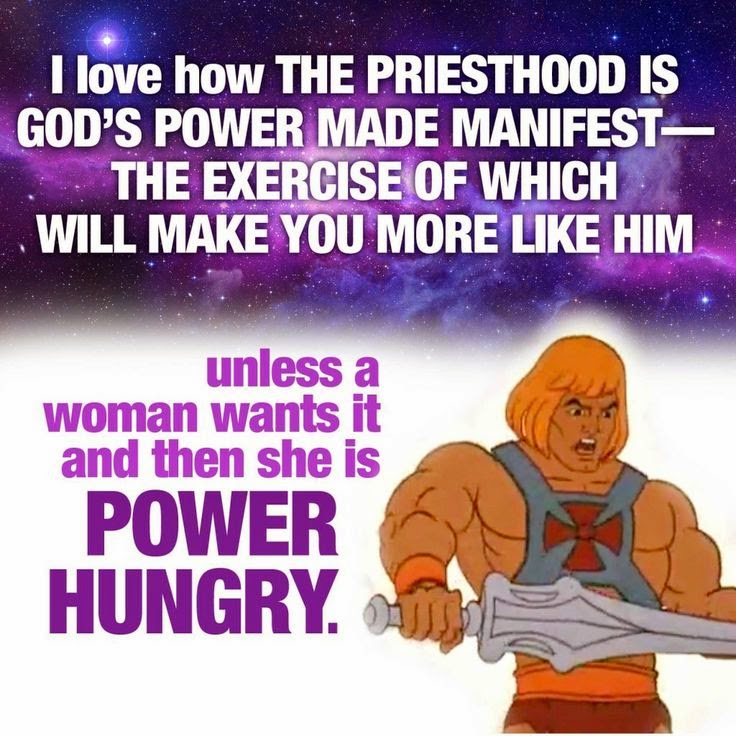
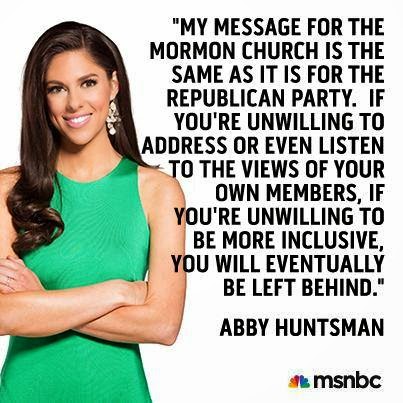


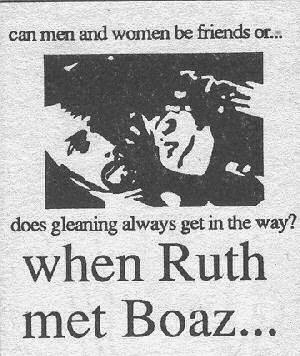
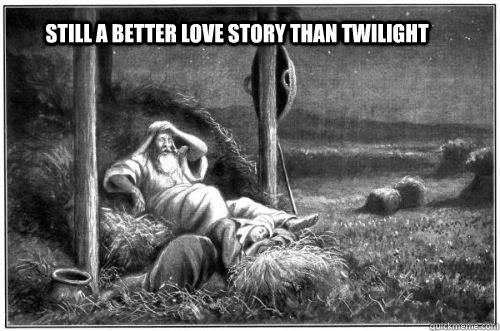

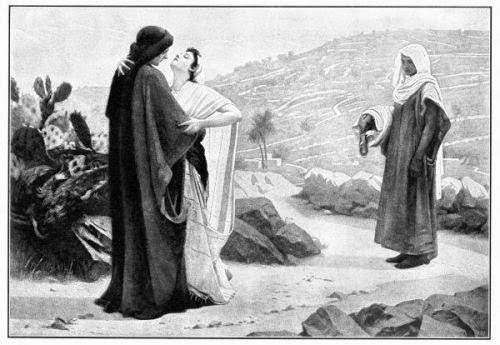
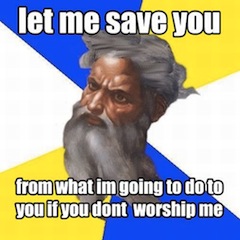
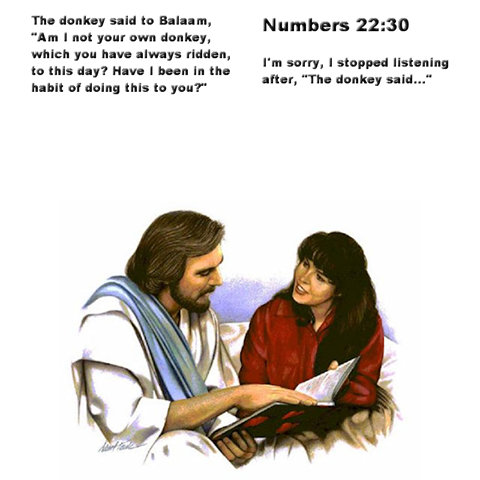

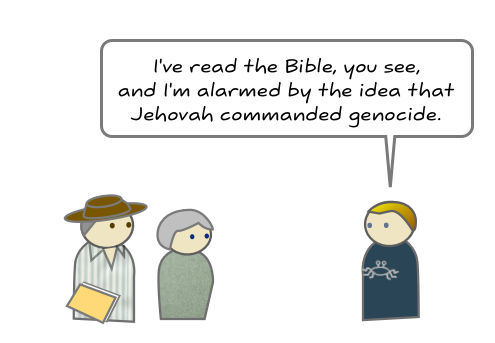

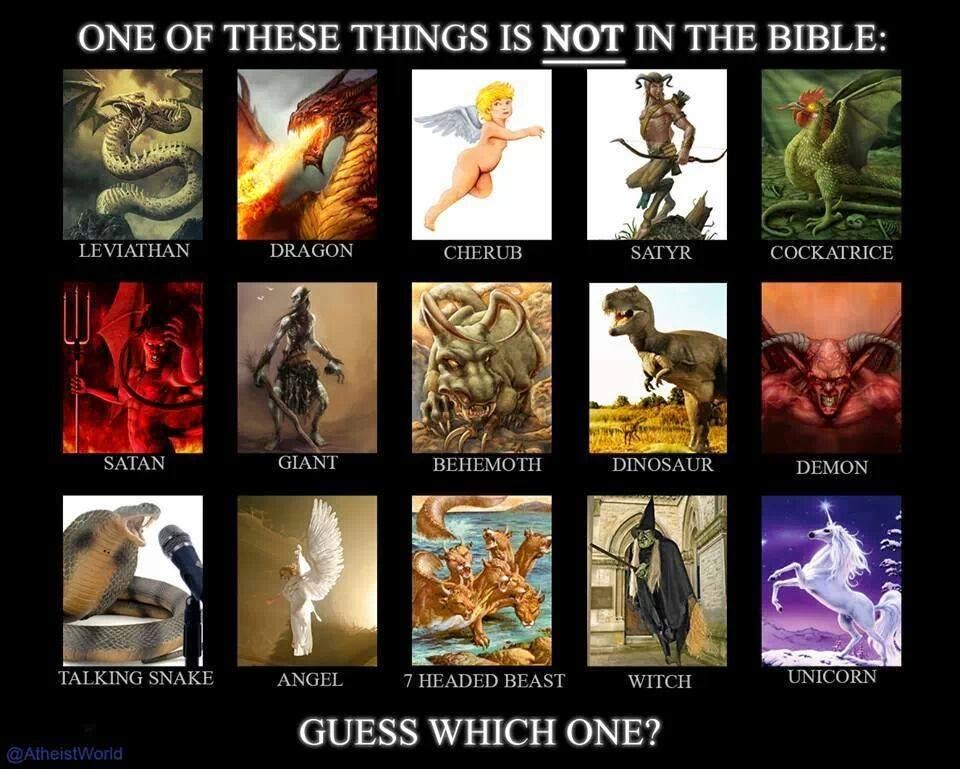











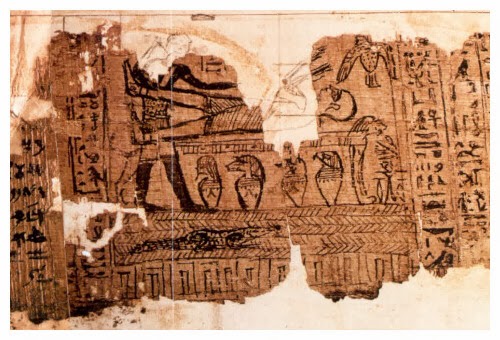
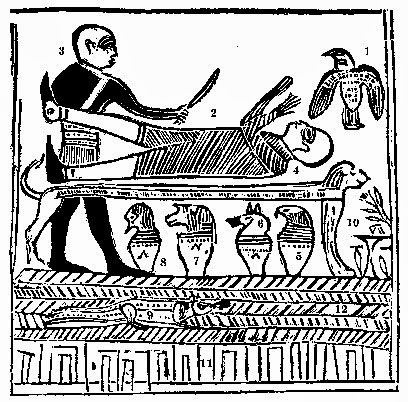
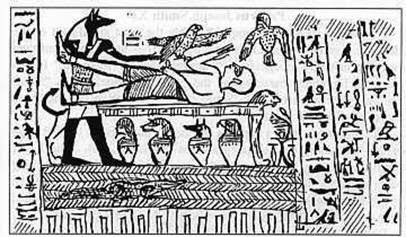
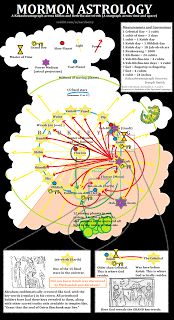
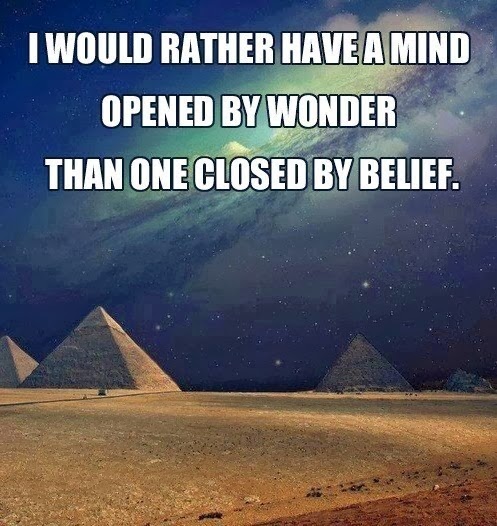
Recent Comments